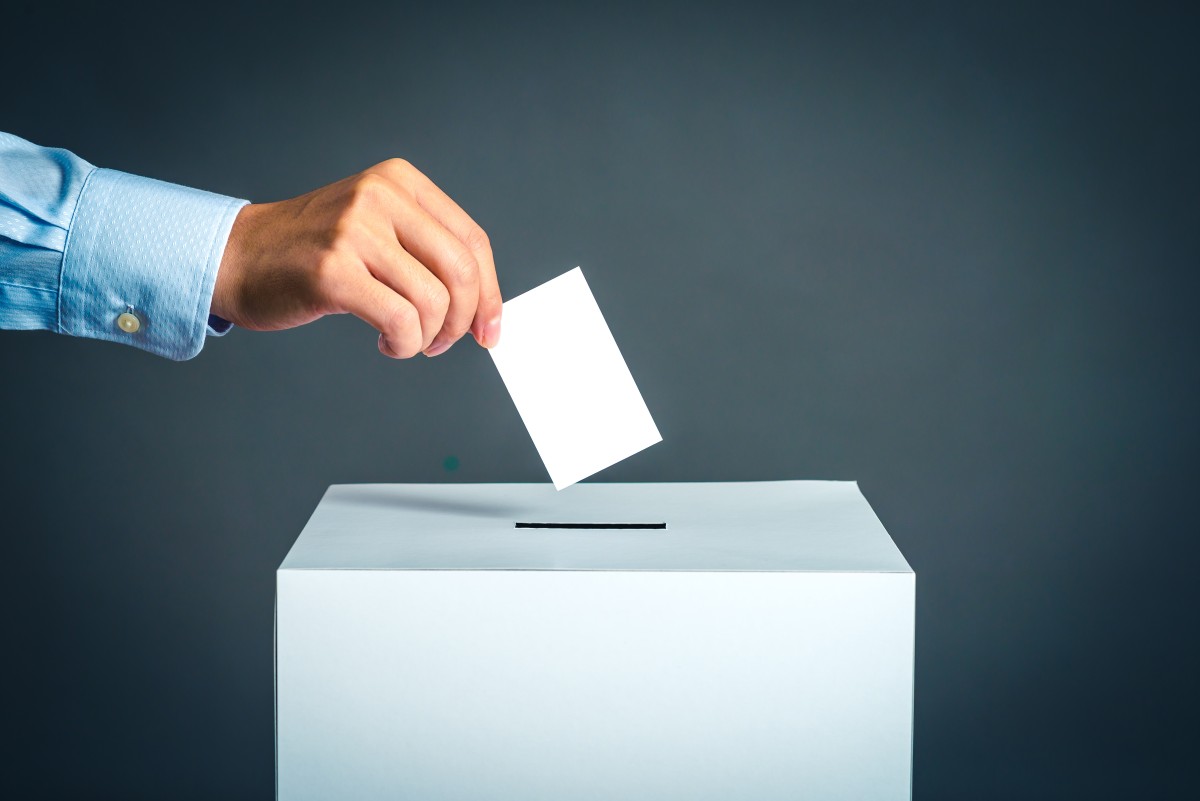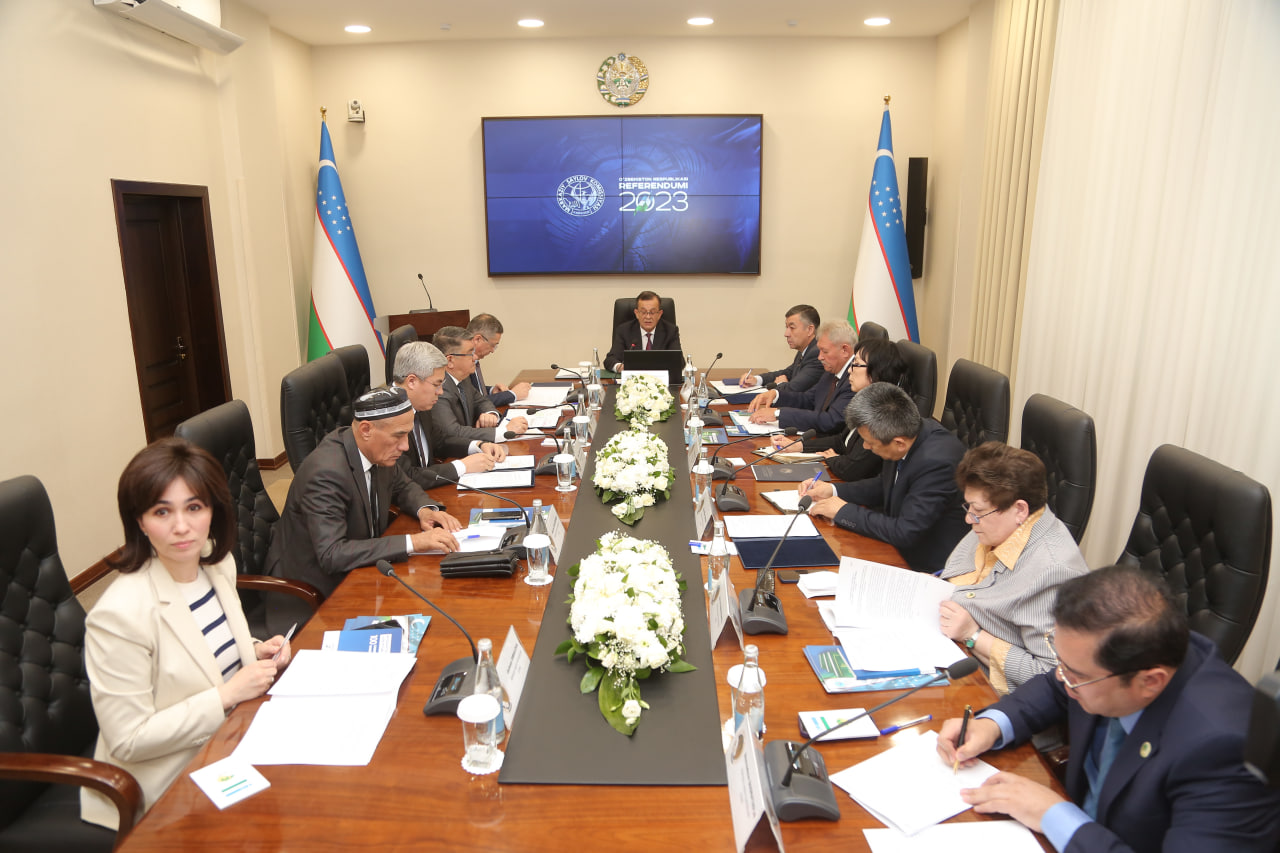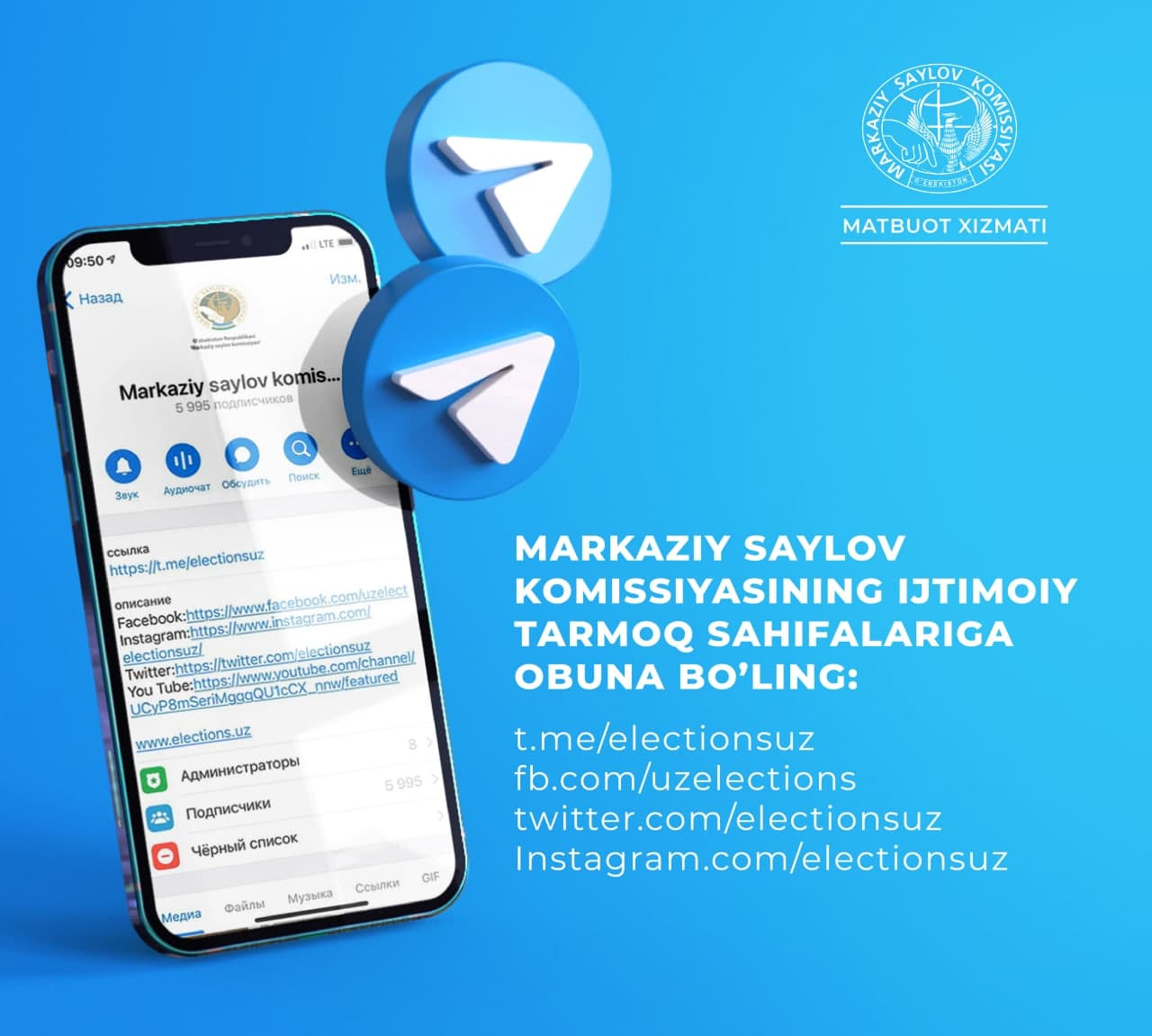 1071
1071

Election observation is considered the most transparent and methodical way to promote and strengthen democracy and ensure respect for human rights.
One of the cornerstones of the modern institution of international election observers is the 1948 Universal Declaration of Human Rights. Paragraph 3 of Article 21 says: "The will of the people shall be the basis of the authority of government; this will shall be expressed in periodic and genuine elections which shall be by universal and equal suffrage and shall be held by secret vote or by equivalent free voting procedures." If refer the Copenhagen Declaration, you can see that any election must comply with seven basic criteria. They must be "universal, equal, honest, secret, free, transparent and accountable." Since fair elections are the backbone of a democratic system of government, the presence of foreign and impartial observers allows the creation of legitimate government institutions.
Traditionally, observers arrive in the country of elections only at the invitation of the current government and usually represent various international organizations. Among them the European Union, the Organization for Security and Cooperation in Europe (OSCE), etc. If we take, for example, the Central Election Commission of the Republic of Uzbekistan sent invitations to 18 international organizations and entities to participate the presidential elections of the Republic of Uzbekistan, which took place on October 24, 2021. The electoral process was observed by over 550 observers from international organizations and structures such as: OSCE Office for Democratic Institutions and Human Rights (OSCE / ODIHR), OSCE Parliamentary Assembly (OSCE PA), Commonwealth of Independent States (CIS), Interparliamentary Assembly of Member Nations of the CIS (IPA CIS), Shanghai Cooperation Organisation (SCO), Organisation of Islamic Cooperation (OIC), Parliamentary Assembly of Turkic-speaking countries (TURKPA), Organization of Turkic States, Economic Cooperation Organization (ECO), Asian Parliamentary Assembly (APA), Hague Conference on Private International Law (НССН), Conference on Interaction and Confidence-Building Measures in Asia (CICA), the International Turkic Academy, the European Parliament, the European Union and the International Foundation for Electoral Systems (IFES). In addition, about 400 observers from the CIS countries, Europe, America, Asia and the Pacific region, as well as some representatives of the diplomatic corps accredited in Uzbekistan took part in international observation at the invitation of the government in all regions of the Republic.
International observers are divided into long-term and short-term observers. Long-term observers arrive 6-8 weeks before election day, and short-term observers arrive 3-5 days before election day. Accordingly, the assessment of the elections depends not only on the length of stay of the observers, but also on taking into account all the elements of the electoral process, namely:
- norms of the legislation on elections;
- the period before the elections (before and after the start of the election campaign);
- the process of casting votes;
- the process of counting votes;
- summing up and announcing the results;
- consideration and settlement of complaints;
- entry of the winning candidates into office.
To effectively promote electoral integrity, international observation must encompass the entire electoral process, not just some of its aspects, such as voting or counting of ballots. Consequently, observers should take additional steps to monitor other phases of the electoral process with attention commensurate with their importance. Then the impressions gathered in a short period of time on election day will not outweigh the overall results of observations. Otherwise, you can get an incorrect description of the elections, especially within a few days after the vote.
All of the above elements of international election observation are set out in the final results and conclusions of international election observation missions.
28 long-term observers from the OSCE / ODIHR Mission participated presidential elections of the Republic of Uzbekistan on October 24, 2021. The members of the delegation were from Germany, Austria, Belarus, Poland, Moldova, Slovakia, Ukraine, Romania, Georgia and North Macedonia. The main delegation of the CIS Mission, as well as the IPA CIS observer group, also arrived in the Republic long before the presidential elections and covered all aspects of monitoring the electoral process.
At the end of the elections in October 2021 in the Republic of Uzbekistan, the majority of international observers stated that the elections for the President of the Republic of Uzbekistan were held in a calm and peaceful atmosphere, with a high turnout and in accordance with the national legislation of the Republic of Uzbekistan. Although there were some shortcomings or gaps, the elections were an important step for the future development of democratic processes in Uzbekistan.
Elections are considered as a critical period in a country's life, and international observers can have a big impact on the electoral process. Their presence increases voters' confidence that their votes will be counted and that the elections will be fair. And this, in fact, is the basis of the foundations of democracy.
IRODA UBAYDULLAEVA
Lead Consultant
International Cooperation Department
Central Election Commission of the Republic of Uzbekistan






















